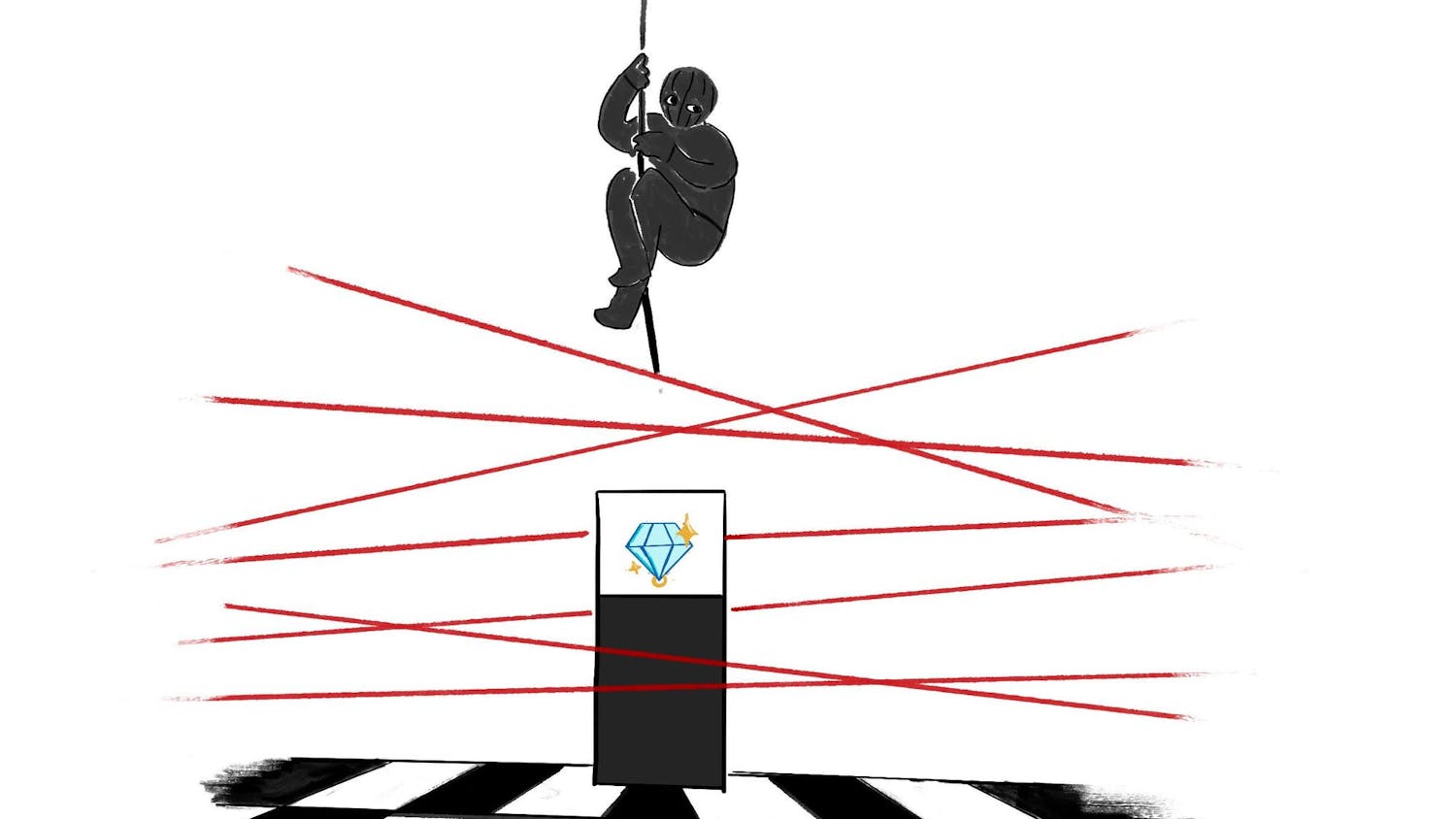We don't want to think of 9/11 as a divisive moment in American history, but that one event transformed our nation, and with great change comes great tension.
The months after 9/11 were a time of coming together. We all felt the bonds of brotherhood and sisterhood as we were united in our stand for freedom.
It was both a tragic and beautiful time to be American.
But times have changed. Sept. 11 has become the starting point for a host of unpleasant and complicated debates.
Our government has taken unprecedented action in its fight against global terrorism. This action has laid the foundations for years of arduous policy debate.
In our discussion we wandered from security to government expansion, privacy to race and ethnicity. On their own these topics are frustrating, and grouped together they made worthwhile conversation nearly impossible.
To discuss them all in these few lines would not do the issues justice, nor would it give you an acceptable window into the opinion of The Plainsman staff.
As such, we have decided to write a series of editorials beginning with security and ending with race and ethnicity.
The security of our airports is based on reaction. Sept. 11 spurred our government to react and do it quickly, and they've stayed on the course of reaction since.
When we take off our shoes, get our groins handled or relinquish our bottles of water, we're doing so because of a hijacking attempt.
It's this nature of security that leads us to believe that we must standardize airport security.
We've seen the advent of body scanners, but not without rigorous debate about the not-so-small invasion of privacy on the part of the Transportation Security Administration.
We at The Plainsman accept the price of safety. The current airport security practices are more agreeable to us than the gruesome death of a hijacking or explosion.
But, random security checks are subject to serious accusations.
Conservatives often see random security checks as a politically correct waste of time, and liberals believe that the checks are not so random, but give way to racial profiling.
Because of this divide and for assured safety, we believe the TSA should develop a system that can scan every airline passenger.
Complicating this position is the issue of time. As it stands now, airport body scanners aren't able to scan every passenger without increasing wait times by hours.
We hope as the technology becomes more sophisticated, more than one person at a time can be scanned.
The effectiveness of the devices has been questioned, and these concerns cannot be ignored.
However, until evidence is found that proves the devices are somehow ineffective or have adverse health effects, they are our best tool for detecting explosives or other destructive elements.
The issue is one of consistency. Our system frustrates travelers by putting them through checks that they feel unnecessarily single them out.
A consistent system would give travelers the assurance of a safe flight while nullifying at least some of the political turbulance around the process of random screenings.
Do you like this story? The Plainsman doesn't accept money from tuition or student fees, and we don't charge a subscription fee. But you can donate to support The Plainsman.




